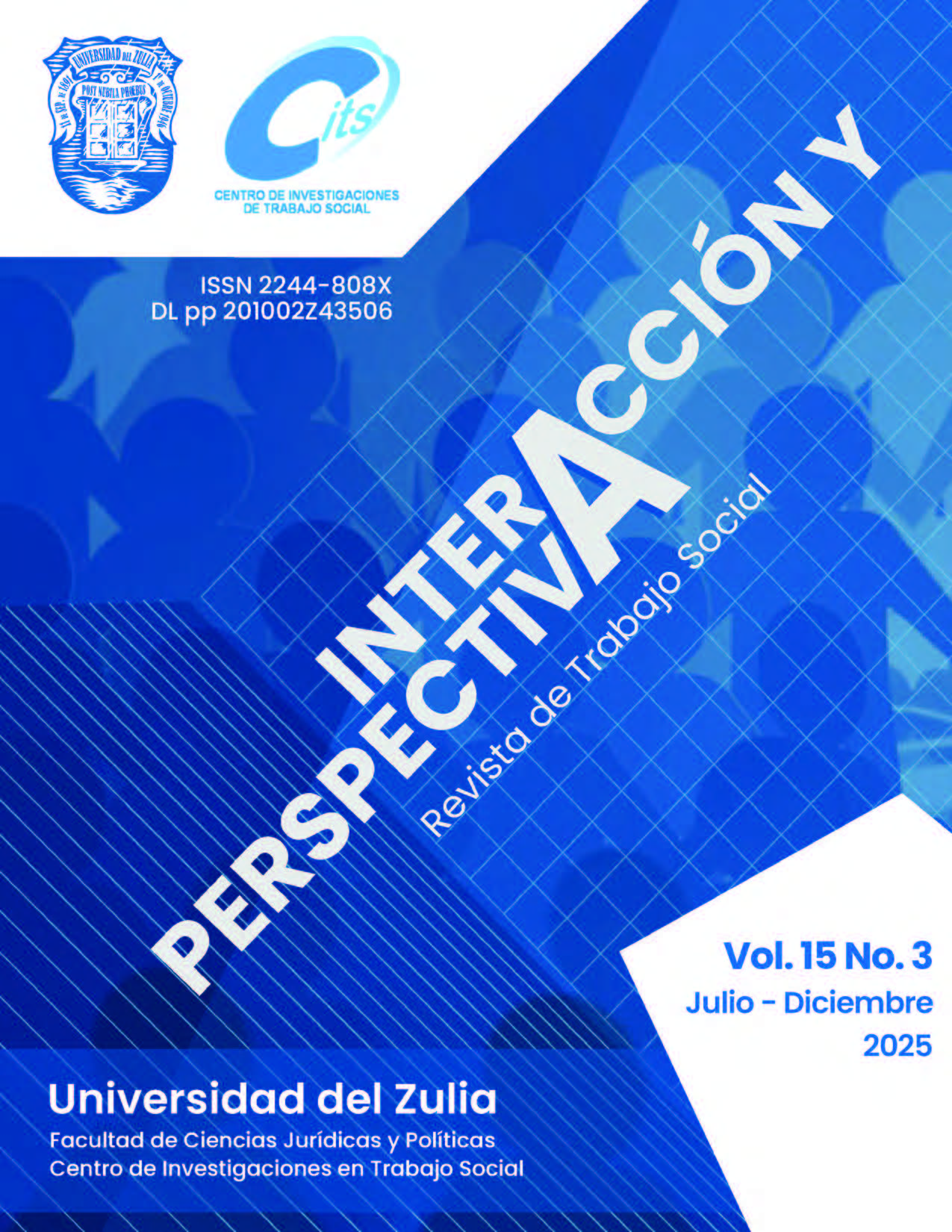The importance of continuing civil servants’ education for the effectiveness of public administration
Abstract
The purpose of this research was to study the role and importance of the continuous education system with civil servants to improve the public administration quality and optimize the provision of public services to the population. The research used the analytical method, the functional-structural method, the comparative annalistic method, the expert assessment method, statistical analysis, the case study method and the system analysis. The research established the need to introduce a systematized approach to training civil servants, including adaptive educational programs, digital literacy, a mentoring system and international cooperation. The relationship between the professional training level of civil servants and the citizens level trust in government bodies was revealed. Continuous civil servants’ education can significantly improve the public service quality provided to enterprises and the population, as well as accelerate the efficiency of the state administration apparatus. Creating broad opportunities for a flexible educational schedule for civil servants, which would allow them to combine their professional duties and training, will effectively involve various civil servant categories in the continuous educative process.
Downloads
References
Klopov, I., Shapurov, O., Voronkova, V., Nikitenko, V., Oleksenko, R., Khavina, I., Chebakova, Y. (2023). Digital Transformation of Education Based on Artificial Intelligence. TEM Journal, 12(4), 2625-2634.
Kopyl-Filatova, T. (2024). The main directions and principles of professional training of civil servants. Higher Education of Ukraine, 1, 113-121. https://doi.org/10.32782/NPU- VOU.2024.1(92).14
Lopushynskyi, I., Kukhar, V. (2024). Improvement of the regulatory and legal mechanism for the training of public servants for professional activities. Dnipro Academy of Continuing Education Herald. Series: Public Management and Administration. 1. 46-55. https://doi.org/10.54891/2786-698X-2024-1-7
Nazaryan, A. (2024). Ways to excelerate the functioning of public administration in conditions of war. Bulletin of Taras Shevchenko National University of Kyiv. Public Administration. 19. 132-136. https://doi.org/10.17721/2616-9193.2024/19-21/22
Nesterowicz, K. (2024). Validating E-Learning in Continuing Education for Public Servants and Pharmacists. https://doi.org/10.13140/RG.2.2.31509.74728
Nikitenko, V., Voronkova, V., Oleksenko, R., Kovalenko, V., Silina, I., Popova, A., Sidletskyi, S. (2024). Innovative Modes of Distance Education in the Context of 5G Digital Technologies Implementation. TEM Journal, 13(2). 1192-1202.
Rozic, I., Ljubić, M. (2023). Disciplinary Liability of Public Servants With Particular Reference to Employees of Higher Education System in Relation to Disciplinary Liability of Civil Servants in the Republic of Croatia. https://doi.org/10.56461/iup_rlrc.2023.4.ch12
Starushchenko, Y. (2023). Improvement of public administration mechanisms regarding the formation of civil servant culture in Ukraine. Polonia University Scientific Journal. 57. https:// doi.org/166-171.10.23856/5722
Verkhovod, I., Oleksenko, K., Chernenko, O., Semenova, O., Mazurenko, Y. (2024). Distance education in the system of factors of adaptability of the social sphere of Ukraine. Interacción y Perspectiva, 15(1), 171-181. https://doi.org/10.5281/zenodo.14031670

















